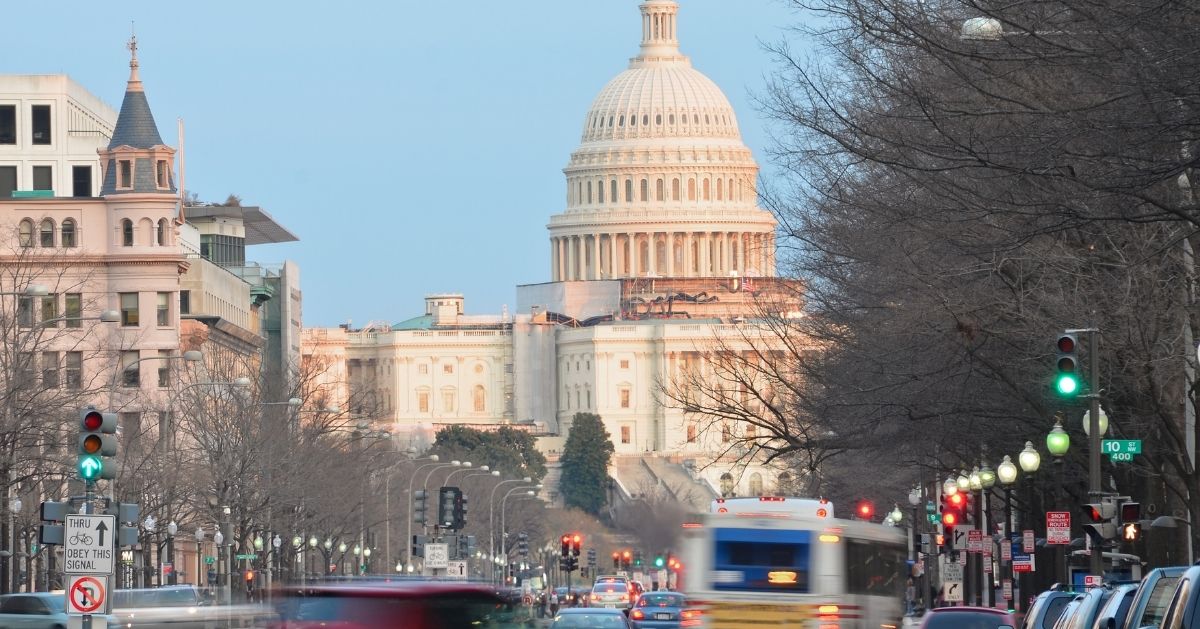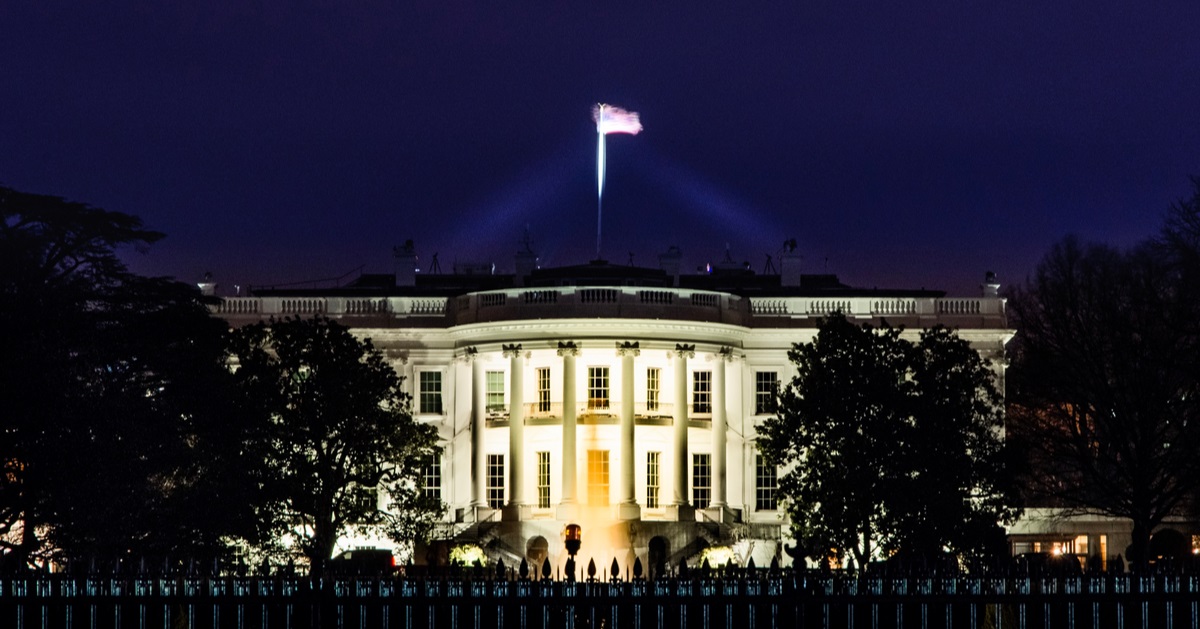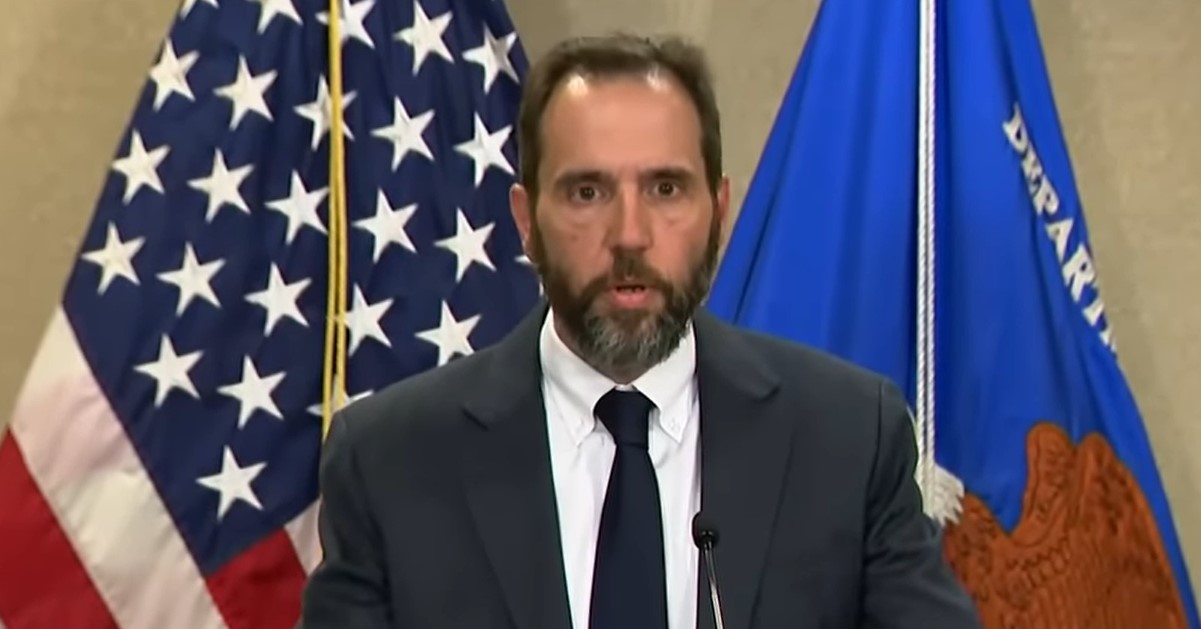Supreme Court issues major ruling to overturn Chevron deference doctrine that empowered federal regulatory agencies
The Supreme Court on Friday issued what is arguably its most consequential and far-reaching decision in decades in that it dealt a devastating blow to the claimed authority of the unelected bureaucracy and administrative state and restored balance to the government's separation of powers principle.
In a 6-3 ruling, the court's conservative-leaning majority overturned the decades-old Chevron deference judicial doctrine that federal executive branch agencies, especially under President Joe Biden, have exploited to impose regulations not specifically authorized by Congress, Politico reported.
As was made evident in Politico's article, the political left is beside itself in horror that regulatory agencies will now be constrained by independent judicial oversight and confined by the statutory bounds set by the legislature, which will undoubtedly have a negative impact on the left's regulatory agenda.
The Chevron deference judicial doctrine
In 1984, the Supreme Court ruled in favor of the Environmental Protection Agency's interpretation of the Clean Air Act in a case known as Chevron v. Natural Resources Defense Council, which led to the judicial doctrine known as Chevron deference that has largely governed federal courts at all levels ever since.
Chevron deference, as applied, simply meant that in cases where the statutes in question were silent or ambiguous, courts automatically deferred to the "reasonable interpretation" or "permissible construction" of the law as provided by the federal agency with jurisdiction over the particular field.
Over the past 40 years, much to the consternation of limited government conservatives, that doctrine has allowed agenda-driven unelected bureaucrats and the administrative state to impose its regulatory will far beyond what Congress may have intended when an authorizing statute was initially drafted.
The cases that ended Chevron
That all ended on Friday, according to SCOTUSblog, as the Chief Justice John Roberts-led majority held that "The Administrative Procedure Act requires courts to exercise their independent judgment in deciding whether an agency has acted within its statutory authority, and courts may not defer to an agency interpretation of the law simply because a statute is ambiguous; Chevron is overruled."
What led to the long-overdue downfall of Chevron were two cases known as Loper Bright v. Raimondo and Relentless v Commerce, both of which involved commercial fishing businesses that challenged a National Marine Fisheries Service regulation that required the companies to pay the salaries of government-mandated onboard observers after the agency ran out of funding to cover those costs.
Those challenges were dismissed at the district and circuit court levels by judges who cited the Chevron deference doctrine and deferred to the agency's interpretation of an ambiguous statute as authorizing it to shift the costs from the government to the companies by way of regulation.
A long overdue end to an unconstitutional doctrine
"Chevron is overruled," the majority opinion from Chief Justice Roberts concluded. "Courts must exercise their independent judgment in deciding whether an agency has acted within its statutory authority, as the APA requires."
"Careful attention to the judgment of the Executive Branch may help inform that inquiry. And when a particular statute delegates authority to an agency consistent with constitutional limits, courts must respect the delegation, while ensuring that the agency acts within it," he added. "But courts need not and under the APA may not defer to an agency interpretation of the law simply because a statute is ambiguous."
In a concurring opinion, Justice Clarence Thomas pointed out how the Chevron doctrine "violates our Constitution’s separation of powers" in that it "curbs the judicial power afforded to courts, and simultaneously expands agencies’ executive power beyond constitutional limits."
Justice Neil Gorsuch also wrote a lengthy concurring opinion that sought to downplay the correctly anticipated freakout of the left at the loss of its overreaching regulatory power and wrote, "All today’s decision means is that, going forward, federal courts will do exactly as this Court has since 2016, exactly as it did before the mid-1980s, and exactly as it had done since the founding: resolve cases and controversies without any systemic bias in the government’s favor."
That failed to placate Justice Elena Kagan, however, who wrote a fiery dissent that has fueled the lamentations of Democrats and the liberal media and prompted the absurd sort of "sky is falling," "no regulations will ever stand again," and "stupid judges will kill us all" kinds of reaction from the pro-administrative state left.






